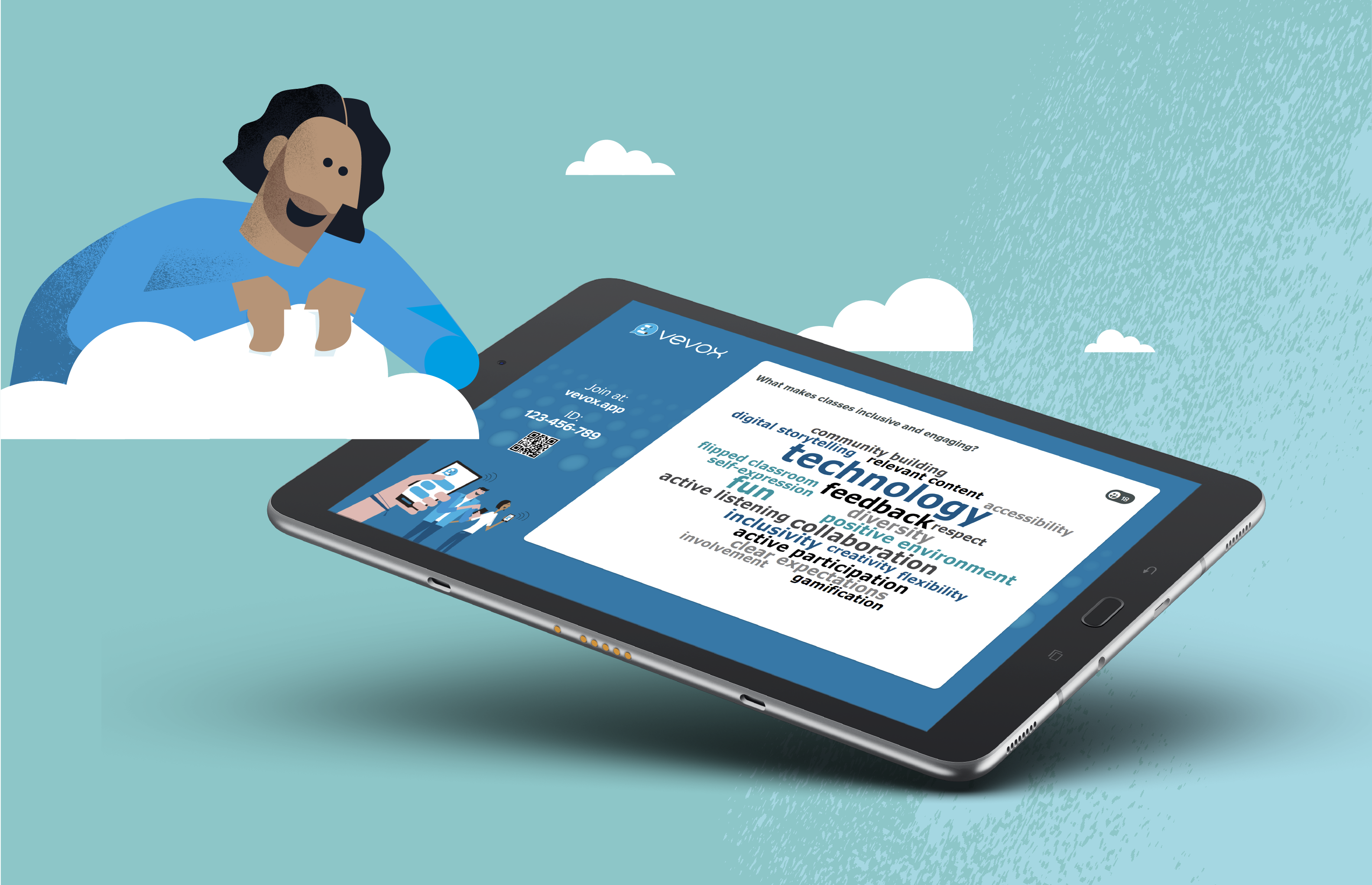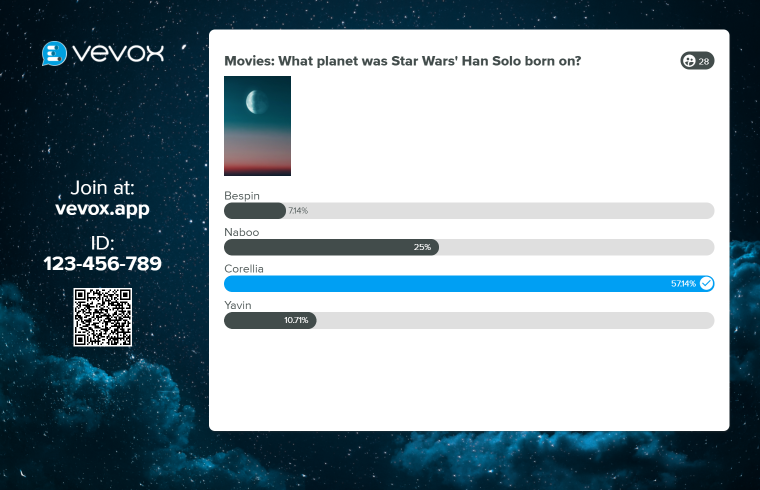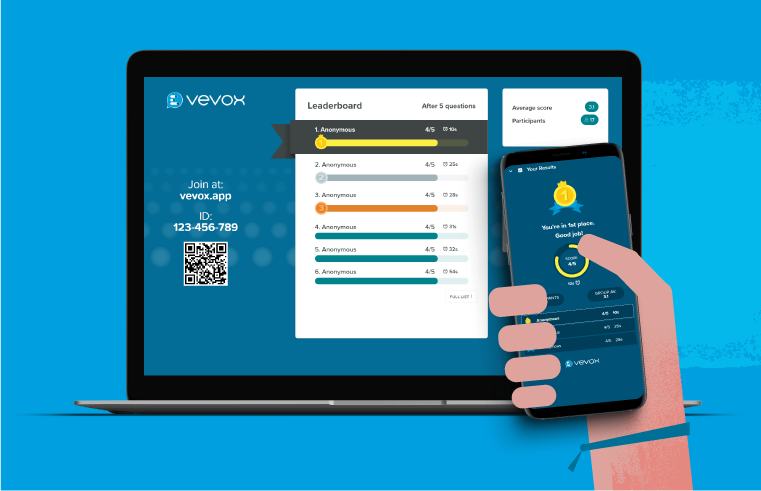Educators have long known that students learn the most when they are immersed in a subject and that merely presenting them with a textbook or making them listen to a lesson doesn’t get the best results. This is likely to be a root cause of the enthusiastic uptake of new technology in the classroom to offer a better learning experience for students of all aptitudes. But does this new technology mean that the textbook will soon be obsolete?
Changing face of learning
According to one study, almost 70% of teachers say that they now rate having state-of-the-art IT equipment as being more important than traditional textbooks. This can include items such as, interactive whiteboards, smartphones and tablets.
The demand from the students themselves has played a part in this shift. Pupils now look for more engaging educational formats that are in line with what they use outside the classroom. So, this means that hands-on tools, applications and online content are being used as they offer the kind of experience pupils are well adapted to away from university or school. And while it is understandable that lecturers and teachers are fond of their traditional textbooks, there is also the awareness that they simply can’t offer the best learning experience for the modern student.
New technologies
One example of an innovative technology that is already proving important is virtual reality. Despite its many false starts over the years, it is finally becoming a useful and reliable new technology. In educational terms, it enables teachers to take their students on immersive journeys to an almost limitless number of environments. More specifically, it allows them to take the pupils into space, look at the bottom of the ocean or see a period of history in an interactive way that enables them to fully grasp what they are learning. Even the most cautious teacher has already realised the potential benefits of VR in the classroom.
Using such modern technology is also about more than just making learning fun and immersive. The ability to grasp complex subjects isn’t something every student has but the use of new technology can help them explore approaches that suit their learning ability. They can also experience things from a personal perspective that allow them to relate to the subject and that therefore enhance the learning process.
Gone are the days when learning came almost exclusively from words on a page. The various uses for edtech have seen a return to approaches that were once common but fell out of favour. Skills such as problem-solving, collaboration and communication are once more a part of the curriculum.
Growth continues
There’s little doubt that the use of technology in education will continue to grow with experts saying that by 2020, the global education technology market will have reached $252bn globally. A combination of user expectations and the realisation of the benefits from educators will guarantee that the place of technology in education will continue to grow.
Pupils need to learn skills for jobs that don’t yet exist and therefore it makes sense to use the latest technology in the classroom. As the paper-based world fades in favour of apps, tools and online content, so too will education move away from traditional textbooks and into the realm of VR, interactive whiteboards and handheld devices.




.png)
